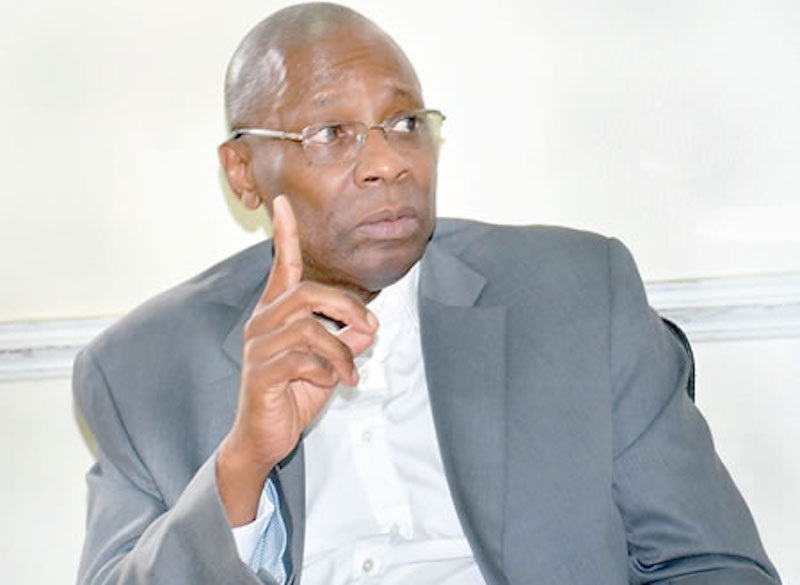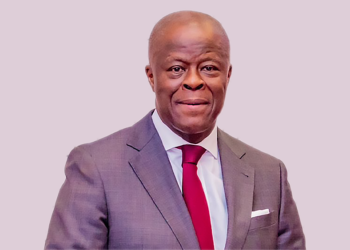Experts have highlighted multiplicity of taxes, poor infrastructure, poor power supply and weak transportation system as impediments to doing business in Nigeria, a development they said was responsible for Nigeria’s poor rating on Ease of Doing Business.
A finance and tax expert, Dr Peter Adebayo, who spoke to Nairametrics in an interview, explained that businesses still encountered challenges with power and most recently at the ports where poor infrastructure and access roads had put a great deal of burden on the cost of clearing and haulage.
Adebayo expressed concerns that for a sector generating a great deal of income for the nation with the potential to earn more, the government did not display urgency in fixing ports infrastructure.
“Nigeria Customs Service can double its revenue if the ports perform at optimum performance without such the bottlenecks and if that happens, several businesses will heave a sigh of relief and also make more money.”
[READ MORE: 5 habits of Nigeria’s business billionaires you should emulate]
On multiplicity of taxes, the fellow of the Institute of Chartered Accountant explained that while tax is the lifeblood of any economy, it is also important that it should not become a burden to businesses as such development would further pull the rating of the country in the Ease of Doing Business index.
“The federal, state and local governments are expected to harmonise taxes because taxes are meant to ensure entrepreneurs remain in business by providing basic infrastructure to ease production and not to frustrate them with same or similar taxes at different levels.”
The former Managing Director, Asset Management Corporation of Nigeria (AMCON), Mustafa Chike-Obi, said, “I expect the federal and state governments to create an office under the Vice President where business owners can lodge their complaints on any bottlenecks they face in the course of doing business in Nigeria because that will boost the confidence of investors in the country.”
Meanwhile, the Nigerian Investment Promotion Commission announced on Thursday that Nigeria ranks 146 out of 190 countries on the Ease of Doing Business index across the world.
The Executive Secretary of the Commission, Ms Yewande Sadiku, who disclosed this in Lagos on Thursday, said the ranking was carried out by the World Bank.
According to the report, Nigeria’s Ease of Doing Business scores improved by 1.37 points from 51.52 Distance to Frontier (DTF) in 2018 to 52.89 in 2019.
She added that the Commission had adopted some proactive strategies geared towards improving Nigeria’s Investment Promotion, thereby helping to create ease in doing business in Nigeria.
Sadiku said, “The Proactive Investment Promotion strategies include focusing on key strategic partners and countries, identifying high impact sectors, better balance investors’ rights with obligations, improving investor experience and using feedback to develop the business environment.
“Others are: proactively inviting target companies to Nigeria and hand-holding them through the decision making and the implementation process, and encouraging more Nigerians to invest in the country.
“We encourage states to develop investment promotion agencies so that they will be specifically charged with the responsibility of promoting the states.’’
[READ ALSO: Manufacturing Index shows 11 ‘performing’ businesses in Nigeria]
Sadiku, however, cautioned investors to ensure that they abide by the relevant investment laws in the nation.
She urged government to enable investors so they can create more jobs that will have a significant impact on the economy.























Good story, it is not easy to get to do business in Nigeria, there are problems over taxing from the government, double digits loans and so on
The tax system and structure in this country is not encouraging , a system that makes payments of tax compulsory for the lower carder. whereby it takes money at source from the poor before remitting the balance to them, but allow the rich to decide on what to pay